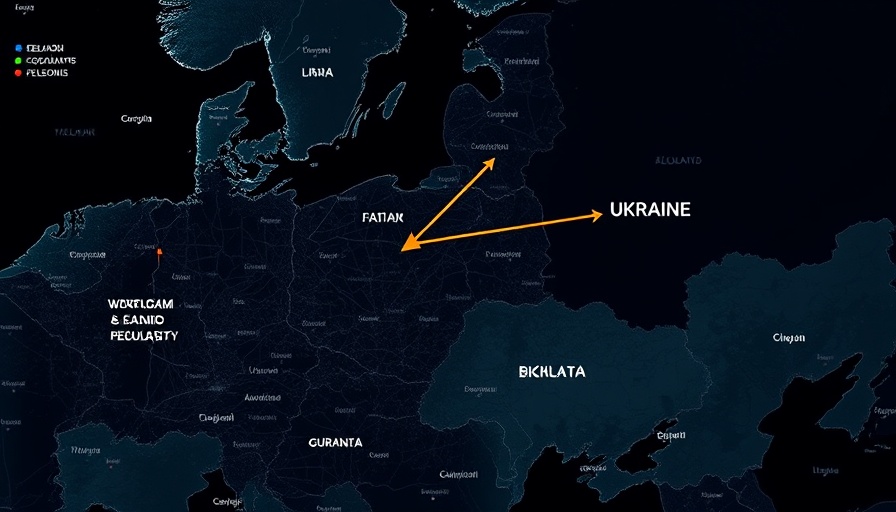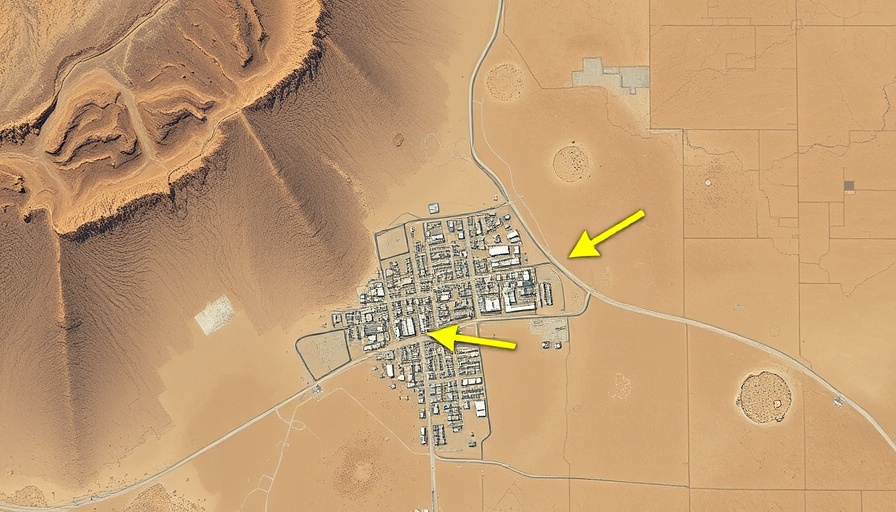
SEO Keyword: Finland's Military Preparations
As tensions in Europe rise and global political landscapes shift, Finland finds itself in a unique position, one that has prompted the nation to prepare for potential military conflict. With historical ties to Russia and the transformative effects of the Ukraine conflict, the Nordic country is reassessing its defense strategies. Understanding Finland's military preparations provides insights not just into the regional dynamics of Europe but also reflects a broader trend of nations reevaluating their security - a concern that resonates powerfully on a global scale.
In 'Why Finland is Preparing for War', the discussion dives into the implications of Finland's military readiness, prompting deeper analysis on our end.
Historical Context and Background
Finland shares an extensive border with Russia, spanning over 1,300 kilometers. For decades, this relationship has been marked by a complex history. The Winter War of 1939, where Finland successfully resisted Soviet invasion, lays the backdrop for current military assessments. These historic conflicts highlight Finland's strong national identity and its continual need to prepare for possible aggression.
This historical context is pivotal as Europe faces renewed tensions reminiscent of Cold War anxieties. Finland's actions in fortifying defenses echo a long-standing strategy of neutrality that has been challenged by the contemporary geopolitical climate, especially in the wake of Russia's invasion of Ukraine. Understanding this motivates a broader dialogue about the inevitability of military readiness in the face of historical adversities.
Relevance to Current Events
In light of Russia's aggressive maneuvers in Ukraine, Finland's mobilization efforts underline increasing European anxieties. The Finnish government has initiated military drills and invested in enhancing defense capabilities, demonstrating a proactive stance in a volatile landscape. This mirrors shifts in defense policies across NATO and the EU, indicating a collective approach to potential threats.
Finland’s considerations may not only impact its national security but could also influence neighboring countries, potentially redefining NATO’s role in European defense strategies. The emphasis on cooperation and interoperability within military frameworks connects back to historical notions of defense collaboration that many African nations can learn from, especially considering their own regional security dynamics.
Actionable Insights To Create Thought-Provoking Perspectives
For many Africans interested in global news, Finland's military preparations serve as an impetus to analyze their nation’s own defense mechanisms. Are there parallels to be drawn between Africa's diverse regional conflicts and the need for cooperative security measures? In crises, time is of the essence; understanding preparation can allow for more strategic responses to local and international threats.
This trend in proactive military preparation raises important questions regarding national priorities. How are African nations contemplating their defense policies in light of Russia-Ukraine? Is the potential for cooperation with global allies being explored comprehensively? Engaging with these questions can cultivate a nuanced understanding of Africa's place within the global security landscape.
Conclusion
Finland's preparations reflect a significant turning point in European defense strategies. As nations reassess their military readiness in response to global tensions, the ripple effects extend worldwide, especially to regions with their own security concerns like Africa. Understanding these dynamics fosters a greater discussion on the importance of preparedness, cooperation, and resilience in the face of emerging threats.
Engaging with this context encourages readers to think critically about military and defense policies, bringing to light how these actions impact global interactions. Thus, the significance of Finland’s position is not limited to Europe; it resonates deeply with those of us interested in the implications for global, particularly African, contexts.
 Add Row
Add Row  Add
Add 


 Add Row
Add Row  Add
Add 

Write A Comment